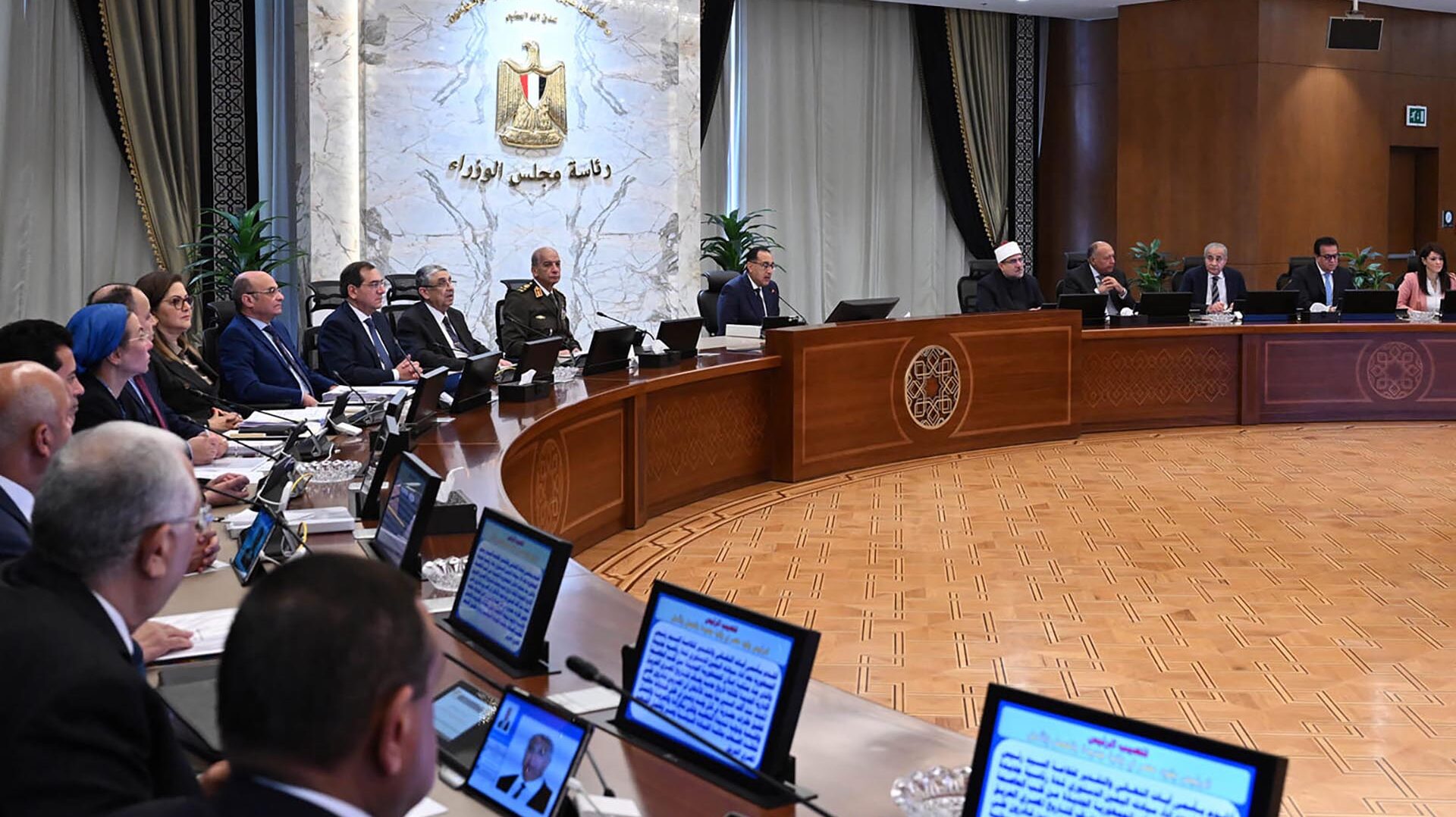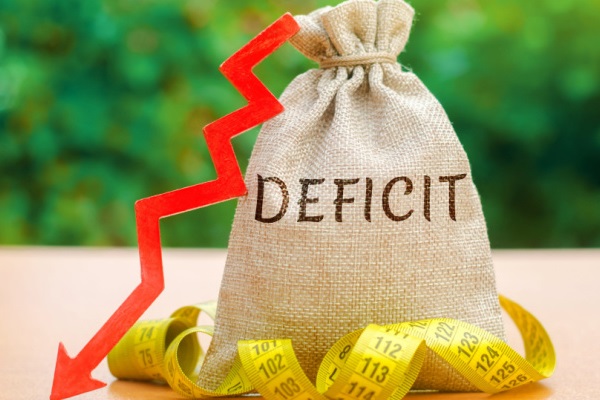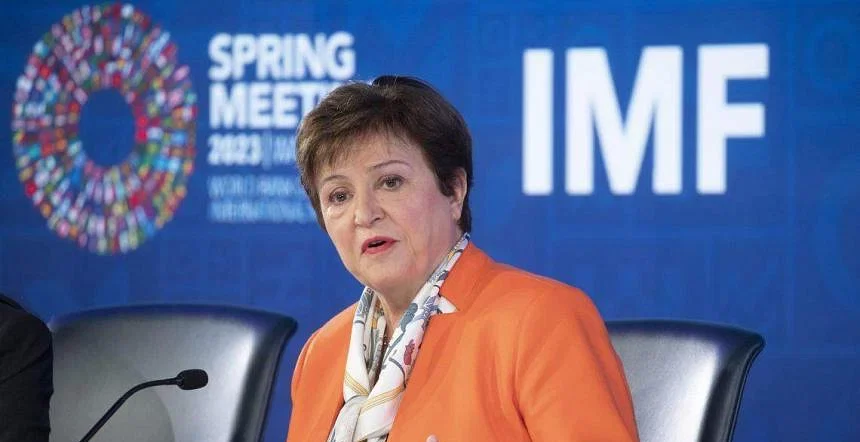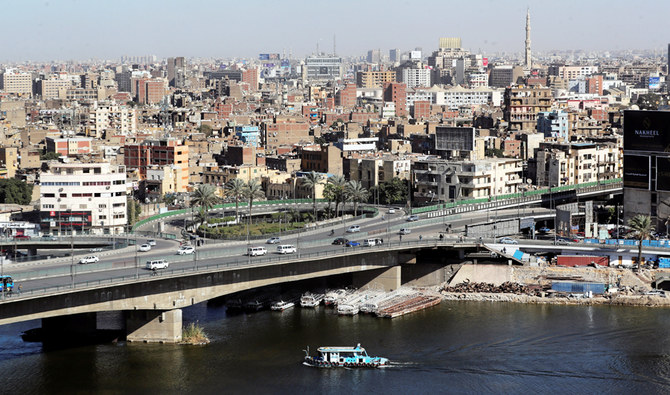Egypt’s budget for FY2024/2025, exceeding $353.6 billion (EGP 17 trillion), the largest in recent years, will be rolled out on July 1 amidst a challenging economic situation, with hopes for recovery bolstered by international financial institutions.
Here are the key takeaways from the newly announced budget.
Real GDP growth
Egypt targets a 4% real Gross Domestic Product (GDP) growth in FY2024/2025, up from an estimated 2.8% in the current FY2023/2024, driven by leaving ample room for the private sector to lead the country’s economic growth and to create more of job opportunities, deepening the local industry, and boosting the merchandise and service exports.
On April 22, Egypt’s Minister of Planning and Economic Development, Hala El-Said, adjusted the expected real GDP growth rate in FY2024/2025 to 4.2%.
Inflation
Egypt aims to tame soaring inflation, targeting 18.1% for the upcoming fiscal year, down from over 30% currently. The government bases this goal on the expectation of global price decreases, particularly in food prices. However, since the onset of the Ukraine war and its effects on global supply chains, Egypt’s inflation has remained in the double digits. The latest IMF projections suggest that inflation will stay high in the short term before dropping to 25% in FY2024/2025.
Interest rates
Egypt aims for a 25% interest rate in FY2024/2025 to mitigate global economic shocks, reflecting increased borrowing costs due to currency devaluation. Currently, the interest rate stands at 27%.
During the World Bank Group/IMF Spring Meetings in Washington this week, the IMF emphasized the need for Egypt to bolster revenues over the fiscal years under the loan program ending in 2026. This is critical for sustaining economic growth and meeting financial obligations, particularly with the depreciated EGP.
Tax vs non-tax revenues
In FY2024/2025, the Egyptian government aims to increase revenues to over EGP 2.6 trillion, up from an estimated EGP 2.1 trillion in FY2023/2024. Tax revenues are targeted to rise by 30% to EGP 2 trillion, compared to EGP 1.5 trillion in the current fiscal year. Non-tax revenues are expected to grow by 60% to EGP 600 billion, primarily driven by proceeds from the privatization program and improving economic associations’ efficiency.
However, the challenging global and local economic situation affects the government’s targets for the budget deficit to GDP ratio, which is expected to widen to 7.2% in FY2024/2025, the highest since at least FY2020/2021. Egypt aims to raise the primary surplus to 3.5% in FY2024/2025, up from 2.5% in FY2023/2024, and decrease overall debt to 80% by the end of June 2027.
Under the IMF’s loan program, Egypt is required to expand social protection programs to mitigate the consequences of economic imbalances until 2026. Accordingly, in FY2024/2025, Egypt allocated EGP 240 billion for a social protection package covering wages, compensations (EGP 575 billion), subsidies (EGP 144 billion), pension funds, and other social benefits.
Egypt’s reforms
In FY2024/2025, Egypt’s economic policies align with the authorities’ commitments, particularly in tightening monetary policy by raising key interest rates, reducing inflation, managing elevated debt, and increasing private sector involvement in economic activities. These measures aim to ultimately boost Egypt’s real GDP growth.
The IMF recently projected Egypt’s overall debt to be over 90% of GDP in FY2023/2024, expecting it to decrease to below 83% in the upcoming fiscal year.
Egypt also raised key interest rates by 6% (600 bps) in March, totaling a hike of 8% since January. Additionally, the decision was made to allow the local currency to be determined by supply and demand forces in the local market. Consequently, the Egyptian pound has depreciated by over 60% against the US dollar and other currencies since then.
Key finances
Egypt has secured a boost to its loan deal from the International Monetary Fund (IMF) to $8 billion, along with an additional $8 billion from the European Union and $6 billion from the World Bank. Moreover, through the Ras El-Hekma deal signed with the UAE in February, Egypt has secured $35 billion in Foreign Direct Investment (FDI).







